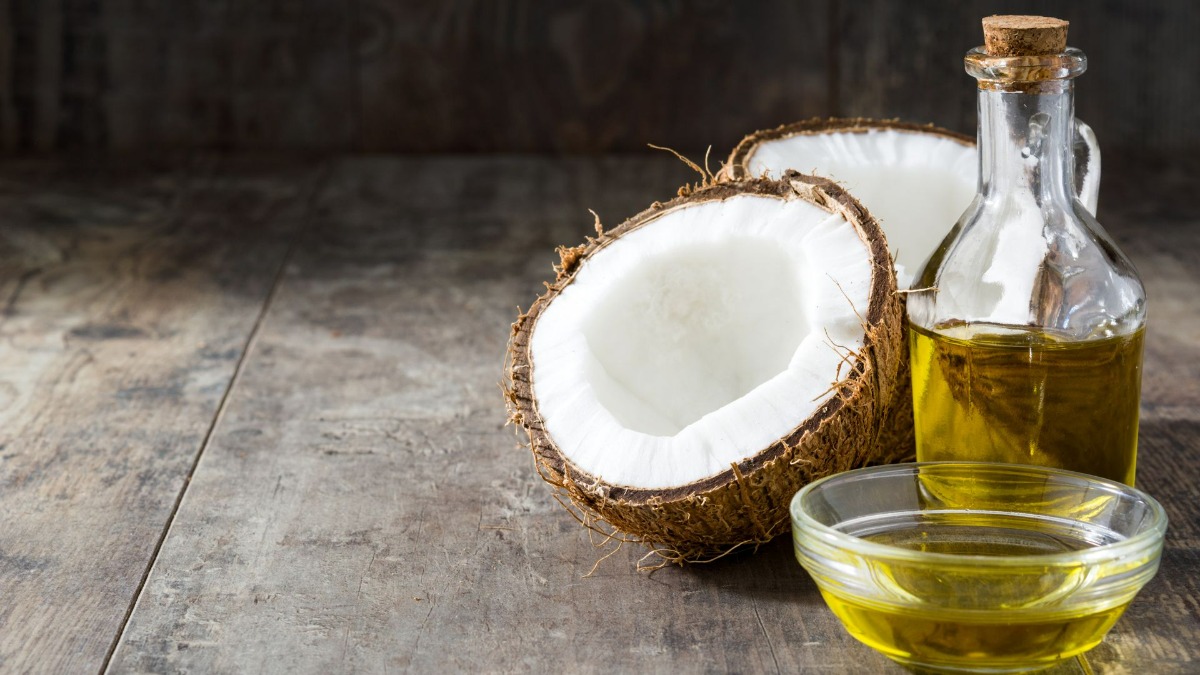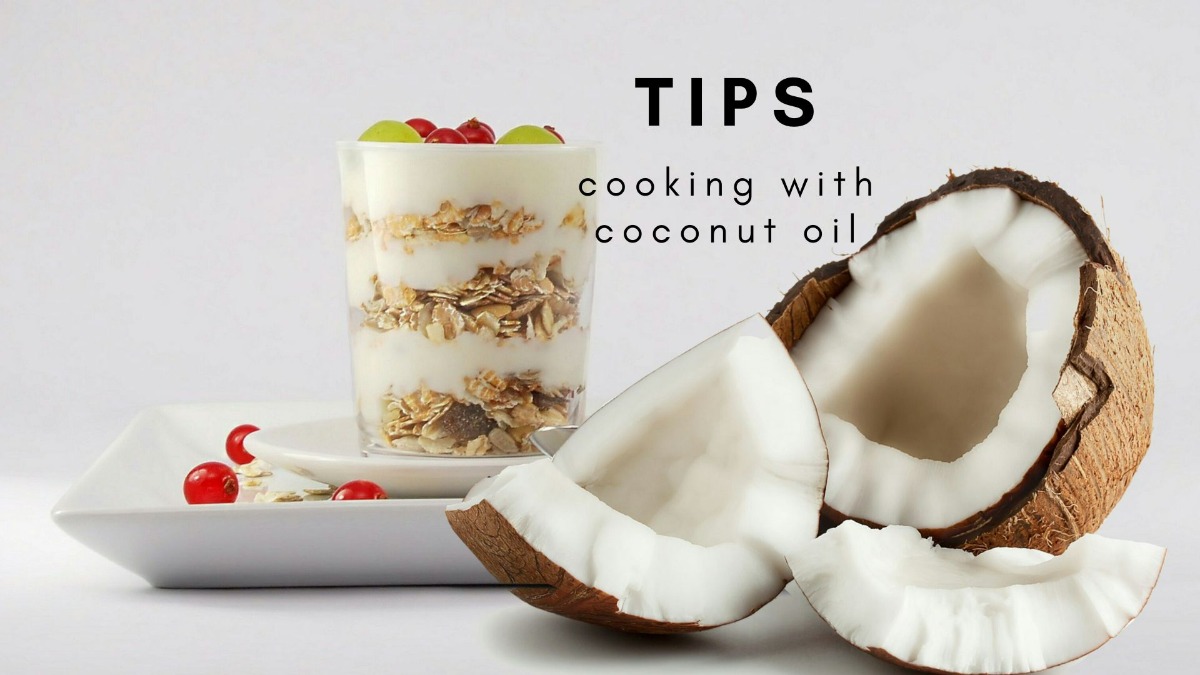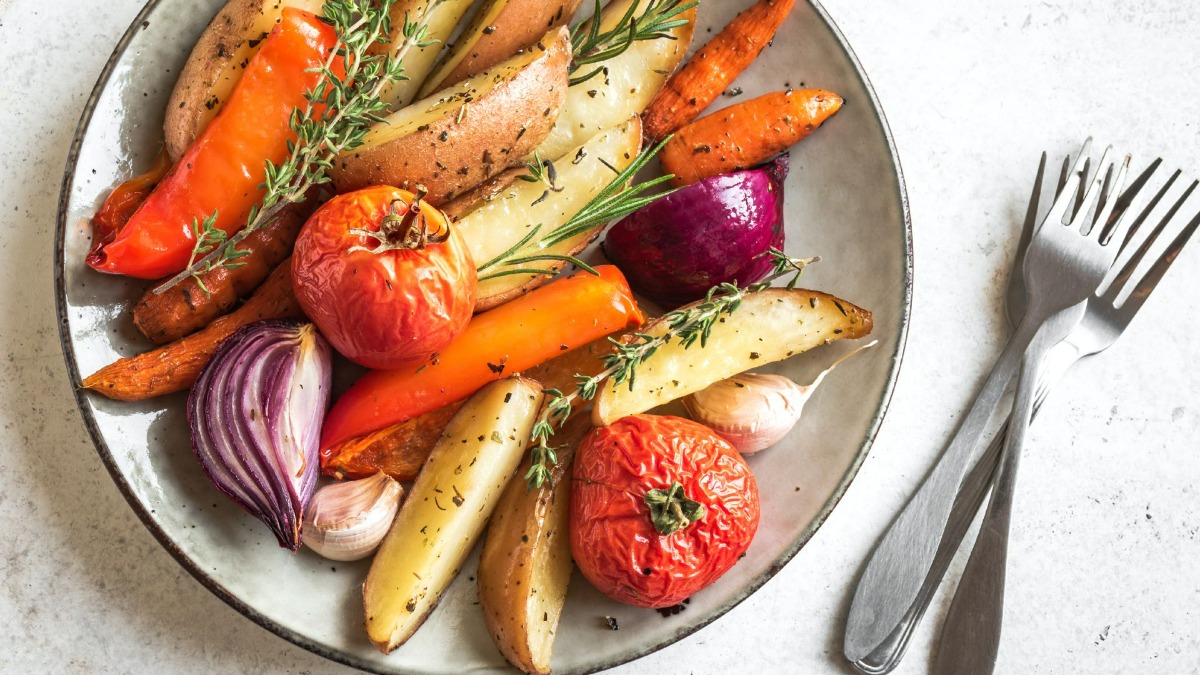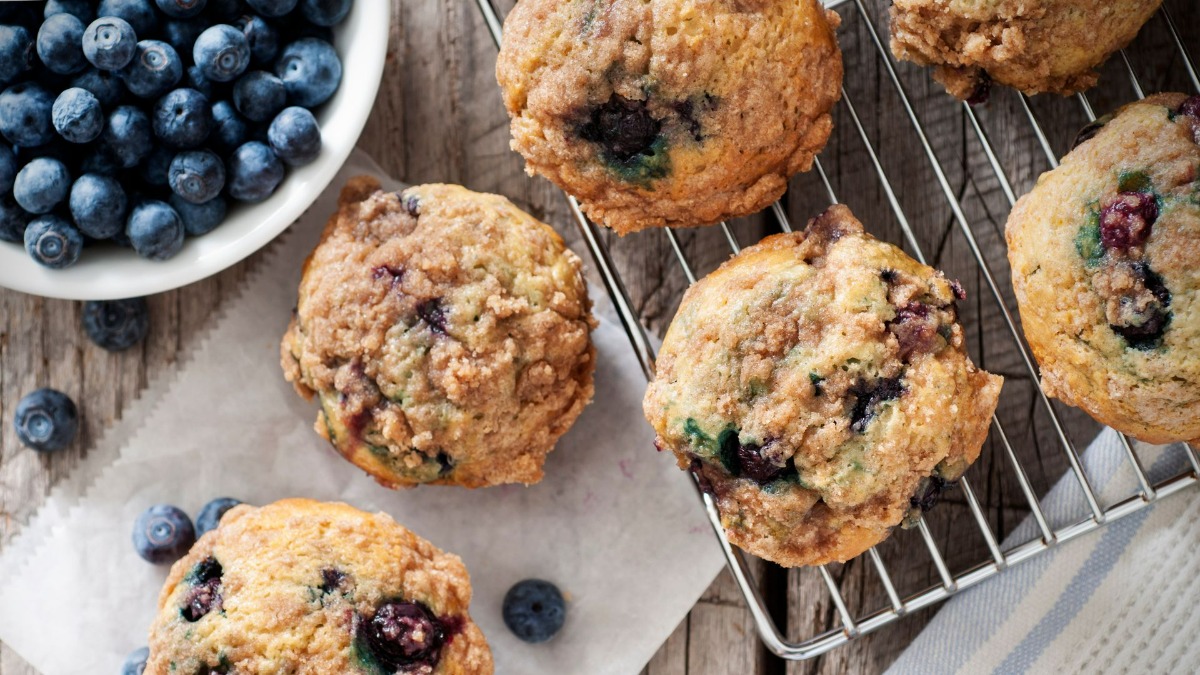Exploring the Versatility and Health Benefits of Cooking with Coconut Oil
Exploring the Versatility and Health Benefits of Cooking with Coconut Oil
In recent years, the popularity of coconut oil has soared, and it has become a staple in many kitchens worldwide. This tropical oil extracted from the meat of mature coconuts has gained recognition for its unique flavor, impressive health benefits, and versatility in cooking. In this blog post, we will dive into the world of cooking with coconut oil, exploring its many uses, discussing its nutritional advantages, and providing you with three delicious recipes to try at home.
The Wonders of Coconut Oil
Coconut oil has a rich history and has been used for centuries in traditional medicine and cooking across various cultures. It is composed mainly of saturated fats, with a significant portion being medium-chain triglycerides (MCTs). Unlike long-chain triglycerides (LCTs), MCTs are metabolized differently in the body, providing quick energy and various health benefits.
The health benefits of coconut oil include improved digestion, supports weight management, enhanced brain function, and strengthened immune system. Additionally, coconut oil is rich in lauric acid, a type of fatty acid known for its antimicrobial and anti-inflammatory properties.

Coconut oil Supports Digestive Health:
Cooking with coconut oil can have a positive impact on digestive health. The MCTs present in coconut oil possess antibacterial and antiviral properties that can help combat harmful bacteria in the gut, promoting a healthy balance of gut flora. Additionally, coconut oil may aid in the absorption of essential nutrients and support overall digestive function.
Supports Weight Management:
Coconut oil has been found to have potential weight management benefits. The MCTs in coconut oil are easily digested and converted into energy, rather than being stored as fat. Additionally, MCTs have shown to increase feelings of fullness and may help reduce calorie intake. Incorporating coconut oil into your cooking can be a useful tool in a weight loss or weight maintenance journey.
Boosts Brain Function:
The MCTs in coconut oil have been linked to enhanced brain function and improved cognitive performance. The liver converts MCTs into ketones, which can serve as an alternative energy source for the brain. This is particularly beneficial for individuals with conditions such as Alzheimer's disease or age-related cognitive decline. However, further research is needed to fully understand the extent of coconut oil's impact on brain health.
Enhances Immune Function:
Coconut oil is rich in lauric acid, a fatty acid known for its antimicrobial and antiviral properties. Lauric acid is converted into a compound called monolaurin in the body, which can help fight against pathogens such as bacteria, viruses, and fungi. Consuming coconut oil regularly can provide a natural boost to your immune system, helping to protect against infections and illnesses.
Promotes Heart Health:
One of the key benefits of cooking with coconut oil lies in its impact on heart health. Contrary to popular belief, studies have shown that the saturated fats present in coconut oil, specifically medium-chain triglycerides (MCTs), can raise HDL (good) cholesterol levels and improve the overall cholesterol profile. This unique composition of fatty acids may help reduce the risk of heart disease when consumed in moderation as part of a balanced diet.
Provides Antioxidant Protection:
Coconut oil contains natural antioxidants that can help protect the body against oxidative stress and free radical damage. These antioxidants, such as vitamin E, help neutralize harmful free radicals and reduce inflammation. Incorporating coconut oil into your cooking can contribute to overall cellular health and may have anti-aging effects.
Balances Blood Sugar Levels:
Studies have shown that coconut oil can help regulate blood sugar levels and improve insulin sensitivity. The MCTs in coconut oil are easily absorbed and used as a source of energy, potentially reducing the demand for insulin. This can be particularly beneficial for individuals with insulin resistance or type 2 diabetes.

Cooking with Coconut Oil: Tips and Tricks
Choosing the Right Coconut Oil:
When purchasing coconut oil, opt for virgin or extra-virgin varieties. These options are minimally processed and retain more of the natural coconut flavor and nutrients.
Proper Storage:
Coconut oil has a low melting point, typically around 76°F (24°C). To ensure its longevity and quality, store it in a cool, dark place away from direct sunlight or heat sources.
Smoke Point:
Coconut oil has a relatively high smoke point of around 350°F (177°C), making it suitable for various cooking methods, including sautéing, stir-frying, baking, and roasting. However, if you're cooking at high temperatures for an extended period, consider using a different oil with a higher smoke point, such as avocado oil.
Substituting Other Oils:
Coconut oil can be used as a substitute for other oils or fats in recipes. Its unique flavor profile adds a pleasant twist to both sweet and savory dishes. However, keep in mind that coconut oil does have a distinct taste, so it might not be suitable for every recipe.
Recipes with Coconut Oil
Recipe 1: Coconut Oil Roasted Vegetables:
Ingredients:
- Assorted vegetables (e.g., carrots, broccoli, cauliflower, bell peppers)
- 2 tablespoons of coconut oil
- Salt and pepper to taste
- Herbs and spices of choice (optional)
Instructions:
-
Preheat the oven to 400°F (200°C).
-
Cut the vegetables into bite-sized pieces.
-
In a large bowl, toss the vegetables with melted coconut oil, salt, pepper, and any desired herbs or spices.
-
Spread the vegetables evenly on a baking sheet lined with parchment paper.
-
Roast in the preheated oven for approximately 20-25 minutes, or until the vegetables are tender and slightly golden.
-
Serve as a side dish or as a flavorful addition to salads or grain bowls.

Recipe 2: Coconut Oil Fried Rice:
Ingredients:
- 2 cups of cooked rice (preferably day-old)
- 2 tablespoons of coconut oil
- 1 onion, finely chopped
- 2 cloves of garlic, minced
- 1 cup of mixed vegetables (e.g., peas, carrots, corn)
- 2 tablespoons of soy sauce (or tamari for a gluten-free option)
- 2 eggs, lightly beaten (optional for vegetarian/vegan version)
- Salt and pepper to taste
- Chopped green onions for garnish
Instructions:
-
Heat coconut oil in a large skillet or wok over medium heat.
-
Add chopped onion and minced garlic, sautéing until fragrant and slightly golden.
-
Add the mixed vegetables and stir-fry for a few minutes until tender.
-
Push the vegetables to one side of the pan and pour the beaten eggs into the other side. Scramble the eggs until cooked.
-
Add the cooked rice to the pan, breaking up any clumps with a spoon or spatula.
-
Drizzle the soy sauce over the rice and mix well to ensure even coating.
-
Cook for an additional 2-3 minutes, stirring occasionally, until the rice is heated through.
-
Season with salt and pepper to taste.
-
Garnish with chopped green onions and serve as a delightful main course or side dish.

Recipe 3: Coconut Oil Blueberry Muffins:
Ingredients:
- 2 cups of all-purpose flour
- 1/2 cup of granulated sugar
- 2 teaspoons of baking powder
- 1/2 teaspoon of salt
- 1/2 cup of coconut oil, melted and cooled
- 2 large eggs
- 1 cup of coconut milk (or any non-dairy milk of choice)
- 1 teaspoon of vanilla extract
- 1 cup of fresh or frozen blueberries
Instructions:
- Preheat the oven to 375°F (190°C) and line a muffin tin with paper liners.
- In a large bowl, combine the flour, sugar, baking powder, and salt.
- In a separate bowl, whisk together the melted coconut oil, eggs, coconut milk, and vanilla extract.
- Pour the wet ingredients into the dry ingredients and mix until just combined.
- Gently fold in the blueberries, being careful not to overmix.
- Divide the batter evenly among the muffin cups, filling them about three-quarters full.
- Bake for approximately 18-20 minutes, or until a toothpick inserted into the center comes out clean.
- Allow the muffins to cool in the pan for a few minutes before transferring them to a wire rack to cool completely.
- Enjoy these fluffy and flavorful coconut oil blueberry muffins as a delightful breakfast or a tasty snack.


Coconut Oil in the Kitchen
Cooking with coconut oil opens up a world of possibilities in the kitchen. Not only does it bring a delightful flavor to your dishes, but it also offers a range of health benefits. From roasted vegetables to fried rice and delectable blueberry muffins, these three recipes provide a glimpse into the versatility and culinary delights that coconut oil can offer. So, grab a jar of coconut oil and embark on a journey of delicious and nutritious cooking, elevating your meals to new heights.


 TH
TH
